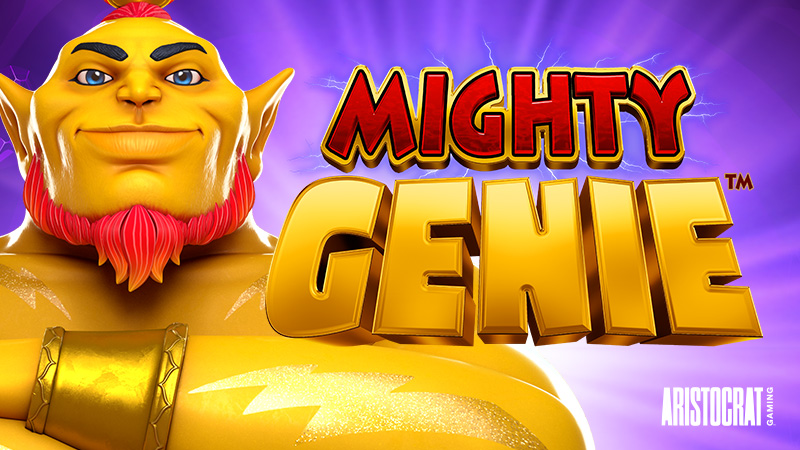WHISKEY, BEER AND RUM – LEARN THEIR ORIGINS AND TYPES
Imagine yourself transported to a bustling brewery, surrounded by towering vats of frothy, bubbling beer. Maybe you’re even in a dimly lit distillery, watching as a skilled craftsman turns grains into a smooth, amber-hued whiskey. Wherever you are, one thing is clear: you’re in the world of alcohol, and it’s a fascinating place to be.
Alcohol has been a part of human culture for as long as we’ve been able to ferment and distil things. From ancient Egyptian beer to Prohibition-era gin, alcohol has played a role in shaping our history, our traditions, and even our health. And while the basic ingredients may be simple – grains, fruits, and yeast – the variations on this theme are endless, resulting in a dazzling array of flavors, textures, and effects. Today, we’ll take a deep dive into the origins of different types of alcohol, exploring their histories and types. So, sit back, pour yourself a glass, and let’s raise a toast to the wonderful world of alcohol.
Whiskey
Whiskey, also spelled whisky, has a long and storied history that dates back centuries. Its origins are disputed, with some claiming it was first distilled in Ireland while others argue it was Scotland. Regardless of its origins, whiskey quickly became popular throughout Europe and eventually made its way to North America, where it played a key role in the American Revolution.
Early whiskey production was often small-scale and done by individual farmers, but as demand grew, distilleries began to spring up throughout the world. Today, whiskey is enjoyed in many forms and styles, from the peaty Scotch whiskies of Scotland to the smooth, oak-aged bourbons of Kentucky. Its complex flavours and rich history continue to make it a beloved spirit among drinkers around the globe.
Here are some types of whiskey you must try.
Scotch Whisky – Made in Scotland, Scotch whisky is known for its smoky, peaty flavour and is often aged in oak casks for at least three years.
Bourbon Whiskey – Produced primarily in the United States, bourbon whiskey must be made from at least 51% corn and aged in new, charred oak barrels. It has a sweet, rich flavour with notes of caramel and vanilla.
Irish Whiskey – Made in Ireland, Irish whiskey is typically triple-distilled and has a smooth, mellow flavour with hints of fruit and spice.
Canadian Whisky – Made in Canada, Canadian whisky is often blended with other whiskies to create a smooth, light-bodied spirit with a subtle flavour.
Japanese Whisky – Modelled after Scotch whisky, Japanese whisky has gained popularity in recent years for its complex, delicate flavour and is often aged in a variety of casks.
Rye Whiskey – Made primarily in the United States and Canada, rye whiskey is made from a mash of at least 51% rye and has a spicy, bold flavour with notes of cinnamon and pepper.
Tennessee Whiskey – Similar to bourbon, Tennessee whiskey is produced in Tennessee and is filtered through charcoal, giving it a distinctive smoky flavour.
Beer
Beer, one of the oldest and most widely consumed alcoholic beverages in the world, has a long and fascinating history. The exact origin of beer is unknown, but it is believed to have been brewed as far back as 10,000 years ago in Mesopotamia (modern-day Iraq).
Early beer was made using simple ingredients, such as water, grain, and yeast, and was often consumed as a staple food source in ancient societies. As brewing techniques evolved, beer became a popular drink throughout Europe and eventually spread to other parts of the world through trade and colonisation. In the modern era, beer has become a global phenomenon, with countless styles and varieties available to suit every taste. From light lagers to rich stouts and everything in between, let us look at some of its types.
Lager – A light, crisp beer that is typically fermented at cooler temperatures. The most common type of beer worldwide, lagers have a mild flavour and are often served chilled.
Ale – A beer that is fermented at warmer temperatures, resulting in a fuller-bodied, more complex flavour. Ales can range from light and fruity to dark and rich.
Stout – A dark, heavy beer made with roasted malt, stouts have a rich, creamy flavour with notes of chocolate and coffee. They are often served at a slightly warmer temperature than other beers.
Wheat Beer – Made with wheat in addition to barley, wheat beers have a light, refreshing flavour with notes of citrus and spice. They are often served with a slice of lemon or orange.
Belgian Ale – Brewed in Belgium, Belgian ales have a fruity, spicy flavour and are often complex and strong. They are traditionally served in goblet-shaped glasses to enhance the aroma and flavour.
Rum
Rum, a spirit made from sugarcane, has a long and fascinating history that spans several continents. Its origins can be traced back to the Caribbean in the 17th century, where sugarcane was plentiful and slave labour was used to harvest and process it.
Early rum production was often crude, with sugarcane juice or molasses fermented and distilled in pot stills. But as rum gained popularity, distillers began to refine their methods, resulting in a smoother, more complex spirit. Rum played a significant role in many historical events, including the American Revolution and the Age of Sail, where it was a staple aboard ships. Today, rum is enjoyed in many forms and types, some of which are –
White Rum – Also known as silver or clear rum, white rum is often used in cocktails and has a light, crisp flavour.
Dark Rum – Aged for longer periods in oak barrels, dark rum has a more complex flavour profile with notes of caramel, vanilla, and spice.
Spiced Rum – Infused with a variety of spices, such as cinnamon, nutmeg, and cloves, spiced rum has a warm, sweet flavour and is often used in cocktails or enjoyed on its own.
Aged Rum – Aged in oak barrels for extended periods, aged rum has a smooth, mellow flavour with notes of wood, fruit, and spice.
Overproof Rum – Distilled to a higher alcohol content, overproof rum is a potent spirit with a strong, distinct flavour.
Source: Whiskey, Beer And Rum – Know All About Their Origin And Types (slurrp.com)












